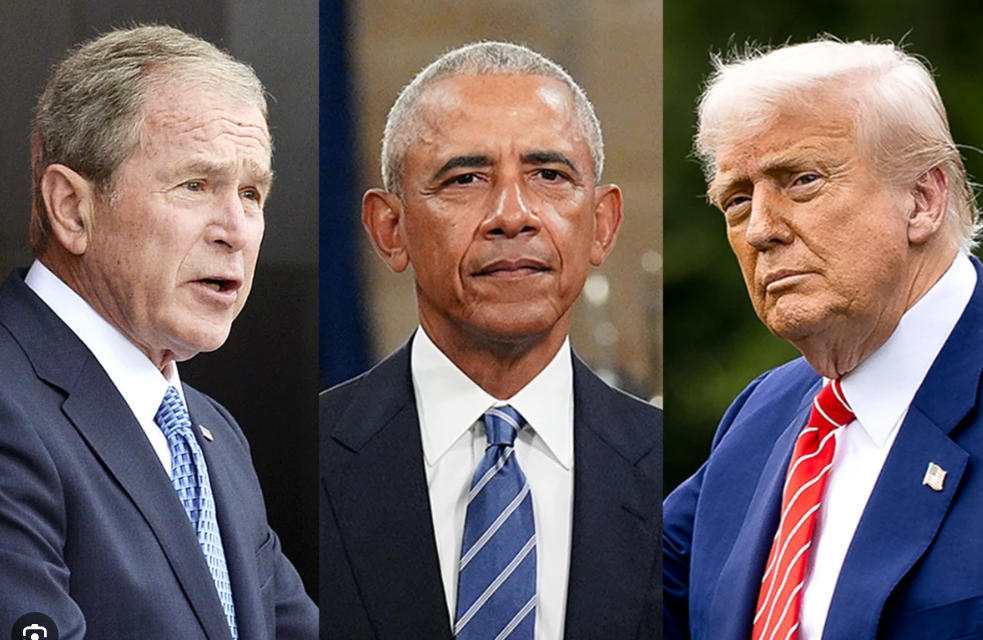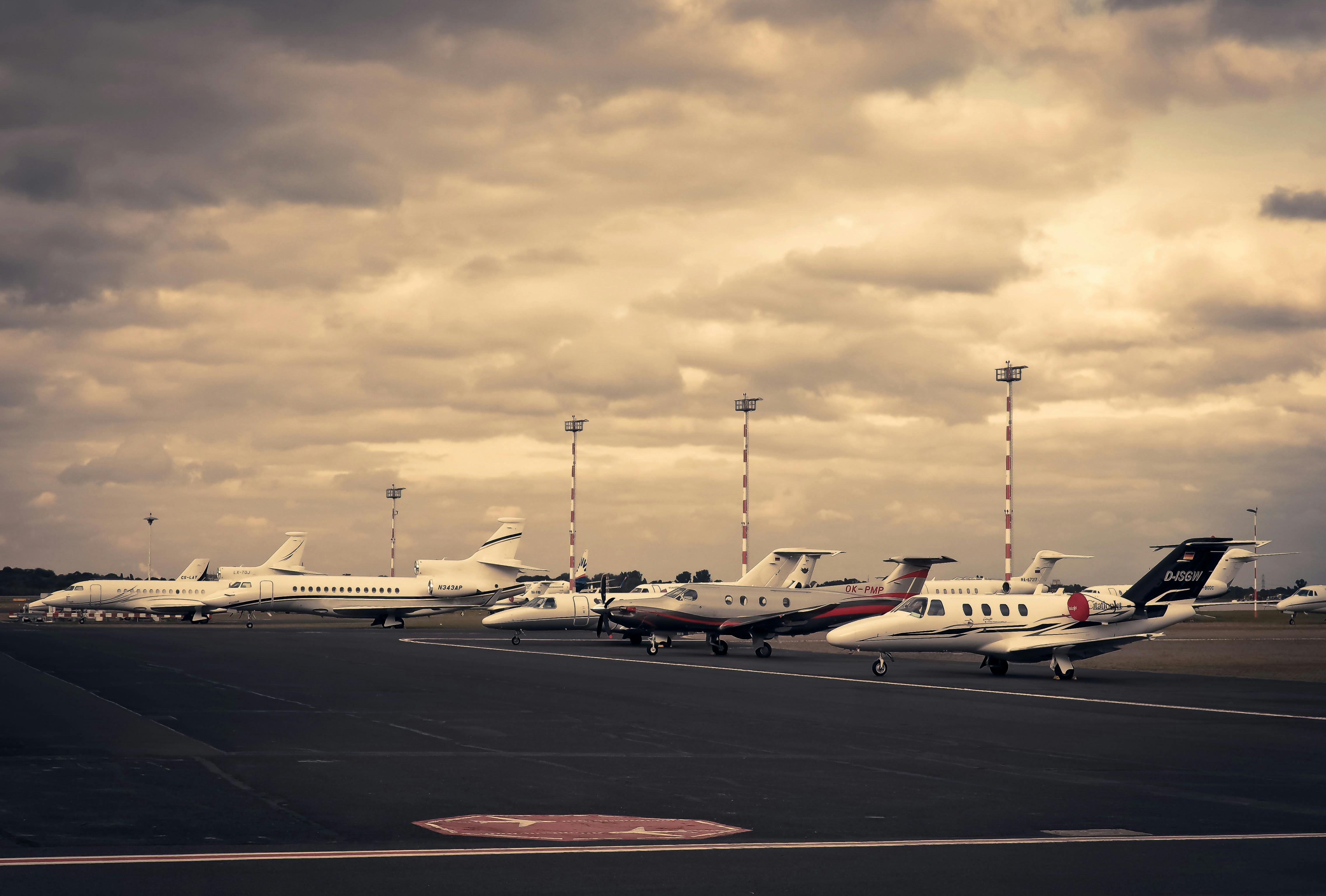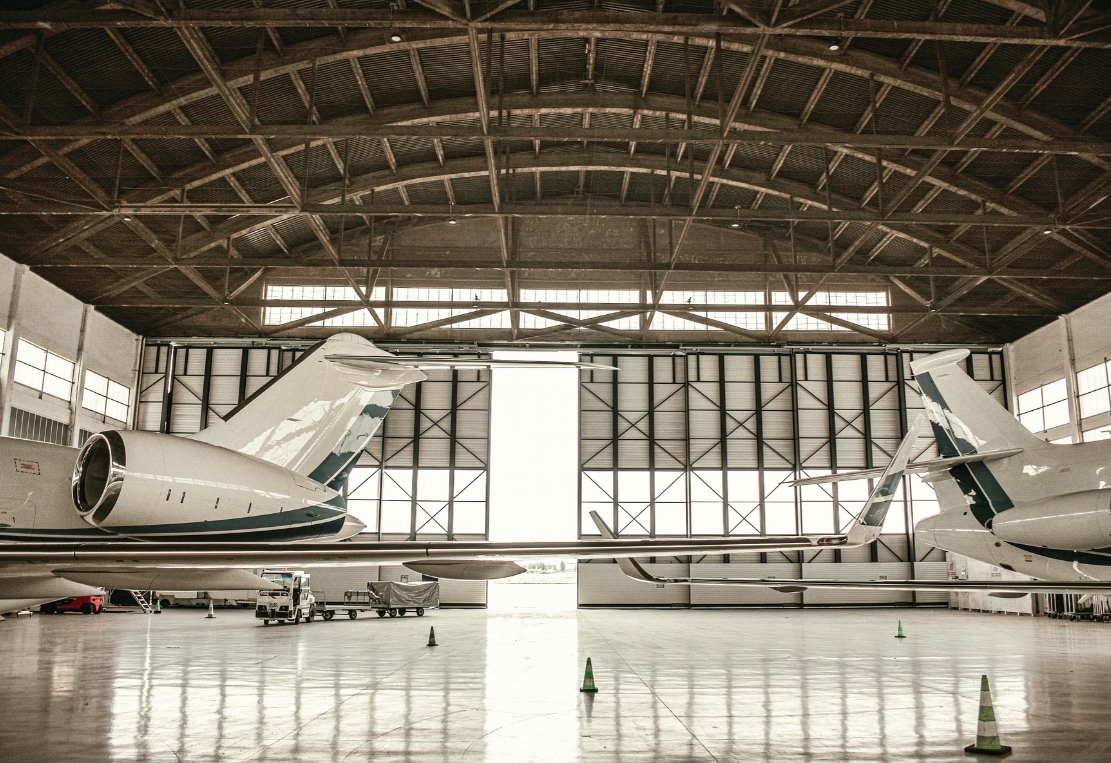OBBB Act Reinstates 100% Bonus Depreciation, Reenergizes Private Jet Market
With the passage of the Opportunity for Business and Bonus Boost (OBBB) Act, Congress has fully reinstated 100% Bonus Depreciation for qualifying business assets, including both new and pre-owned private aircraft. The legislation applies retroactively to assets placed in service on or after January 20, 2025—a rare mid-month effective date that coincides exactly with the presidential inauguration.

With the passage of the Opportunity for Business and Bonus Boost (OBBB) Act, Congress has fully reinstated 100% Bonus Depreciation for qualifying business assets, including both new and pre-owned private aircraft. The legislation applies retroactively to assets placed in service on or after January 20, 2025—a rare mid-month effective date that coincides exactly with the presidential inauguration.
What’s New: A Presidential Inauguration Start Date
Unlike most tax changes, which apply from January 1 of a calendar year, the OBBB Act’s 100% Bonus Depreciation provision takes effect on January 20, 2025, the day of the new presidential term.
- Assets placed in service between Jan. 1–19, 2025: Eligible for 40% Bonus Depreciation (per prior law)
- Assets placed in service on or after Jan. 20, 2025: Eligible for 100% Bonus Depreciation
This unusual cutoff has significant financial implications for aviation and other capital-intensive sectors, especially for buyers who took delivery early in the year.
Why It Matters: A Surge in Aircraft Demand
The return of full expensing makes aircraft ownership substantially more affordable on an after-tax basis. This has already led to a small spike in buyer activity, especially in
the pre-owned markets.
Sample Tax Impact:
Aircraft Price
$8,000,000
Deduction
$8,000,000
Potential Tax Savings (37%)
$2,960,000
Bonus Depreciation History by Year and Presidential Term
To understand the significance of the 2025 reinstatement, here’s a look at how Bonus Depreciation has evolved over the past 25 years:
.png)
Broader Aviation Market Impacts
The restoration of full expensing is already triggering:
- Increased demand in the pre-owned market
- Higher aircraft valuations and reduced listing times
- OEM and MRO activity, as orders and upgrades accelerate
- Expansion by charter and fractional operators, taking advantage of capital savings
Unlike many tax incentives, Bonus Depreciation under OBBB applies to pre-owned jets, creating opportunities for buyers who want to avoid manufacturer wait times or reduce upfront investment.
Compliance Still Critical
To qualify for Bonus Depreciation:
- Aircraft must be used more than 50% for business
- Must be placed in service after Jan. 20, 2025
- Must meet MACRS depreciation eligibility
- Must not have been previously depreciated by the current owner
Explore More on The Manifest

Mastering the Phenom Market: How SOLJETS Leads in Embraer Sales and Acquisitions
.png)
%2C_Luxembourg_PP1350972612.jpg)



Garmin Autoland: The Life-Saving Technology Revolutionizing Private Jet Operations
.png)
President Trump's Potential Acquisition of Qatar's $400 Million Boeing 747-8: A Glimpse into Aviation Luxury

Employee Spotlight: Pericles – A Passion for Flight, Family, and Integrity
.png)
.png)


.png)

Honoring Lives Lost: SOLJETS Sends Condolences and Calls for Aviation Safety After D.C. Air Tragedy



If Santa Flew a Gulfstream: The Aviation Reality of Delivering Christmas Gifts

The Current State of the Aviation Insurance Industry: Challenges and Opportunities

The Future of Flight Has Arrived: Meet the Next Generation of Cessna Citation Business Jets
.jpg)

We're Growing in Utah! Strengthening Our Leadership with Shawn Beckstrom as Director of Business Development








.webp)



Exploring the Embraer Praetor 600: Price, Features, and Market Comparison



.avif)






.webp)















.jpeg)


University of Utah Student Completes Soljets' First Summer Internship
.jpeg)
.jpeg)

.jpeg)
.jpeg)
.jpeg)
Twin & Turbine, April 2020 Feature - Increase Your Planes Value In Today's Market
.jpeg)

.jpeg)
Soljets Welcomes Seasoned Aviation Sales Professional Michael Parker To The Team


.jpeg)
.jpeg)

.jpeg)





Fairways, Festivals, and Flight Plans: The Ultimate Jet-Owner’s 2026 Event Calendar


